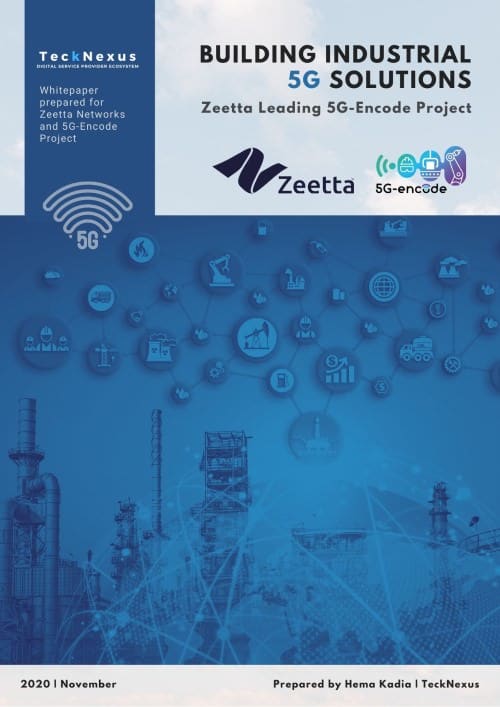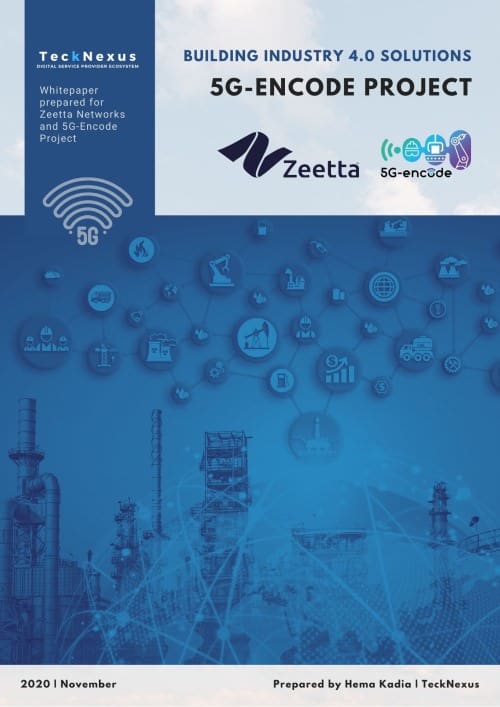T-Mobile announced that three new companies have joined its Accelerator program. Aiming to transform industries like gaming, retail, and shopping, the new participants will work alongside other developers and entrepreneurs to build immersive experiences for Augmented Reality (AR) smart glasses using T-Mobile 5G—America’s largest, fastest, and most reliable 5G network—and Snapdragon Spaces™ XR developer platform.
The three new T-Mobile Accelerator participants include:
- Foundry Six (Los Angeles, CA): With Foundry Six’s AREALM, you can turn your next hike with friends into an epic adventure! This role-play game metaverse allows players to experience all their favorite gameplay in the real world. Join player versus environment, player versus player, crafting, and dungeon crawl encounters brought to life through Augmented Reality technology.
- Stops (Tel Aviv, Israel): Stops is a location-based platform that helps businesses and influencers securely share locations with their customers/followers across the metaverse. As a result, people can now discover nearby content and product locations through Augmented Reality every time they stop.
- weR (NYC, NY): weR is a deep tech company that provides an Augmented Reality/Artificial Intelligence platform for monetizing and optimizing retail spaces.
“5G and Augmented Reality have the potential to transform gaming, education, training, the way we communicate and so much more,” said John Saw, EVP of Advanced & Emerging Technologies at T-Mobile. “With the T-Mobile Accelerator, we are partnering with the brightest developers and entrepreneurs to drive the 5G ecosystem forward and bring revolutionary new 5G-powered applications to life.”
As the lead 5G launch partner in North America for Snapdragon Spaces, T-Mobile Accelerator is working to fuel 5G innovation for AR smart glasses leveraging heads-up displays, spatial awareness and computer vision across all industries. Participants work directly with T-Mobile engineers and business leaders while using Lenovo ThinkReality A3 Augmented Reality smart glasses – the first device to support Snapdragon Spaces. Experts from Qualcomm Technologies, Inc. will also provide support for solutions built on the Snapdragon Spaces platform.
This incoming group is preceded by other participants including Beem, Krikey, Mawari, Mohx-Games, Pluto and VictoryXR. T-Mobile is also currently accepting applications from developers interested in building immersive 5G experiences for AR glasses on Snapdragon Spaces.
































